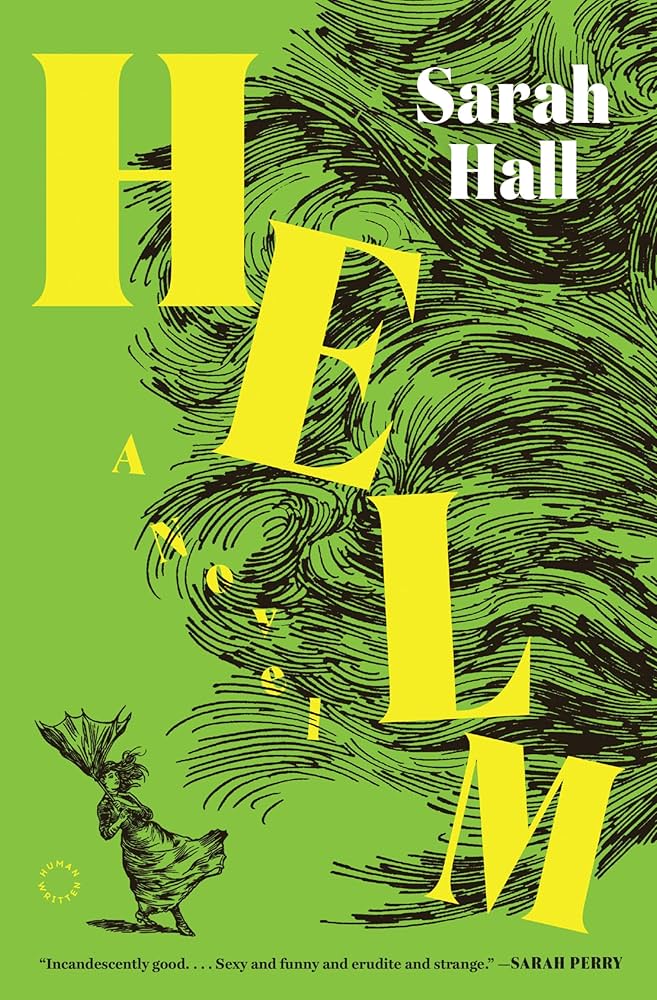As a genre, science fiction is perhaps one of the best for exploring ‘big ideas’. And in particular, both solarpunk and cyberpunk science fictions make ‘playgrounds for thought experiments’.
Whilst the solarpunk aesthetic and movement is more than science fiction, it has shown that science fiction doesn’t have to be depressing. In fact, from architecture to technology and from fact to fiction, the whole solarpunk thing is about “rewriting the future with hope and innovation”.
This would be the message to augment a long read from multi-award winning author Sarah Hall writing in yesterday’s Guardian where she asks for blue sky thinking and why we need positive climate novels. Here are a couple of excerpts from her piece:
Environmental fiction is booming – but can it move beyond dystopia to a brighter vision of the future?
So what is the fiction that needs to be written now? This is the question I grappled with over the decades of writing my novel Helm. Is it about signposting progress when it comes to environmental adaptation and damage limitation? Should writers try to offer a restorative or rousing spirit for the times we live in, an opposition to eschatology? Can literature actually be a tool to encourage something better – creating eco-topia on the page, so it might be imagined off it? Midway through the writing of the book, I took part in a British Council Nature Writing panel in Germany and this last question was asked by the audience. Robert Macfarlane, the chair, barely paused before saying: yes. I remained silent...

Helm is far from eco-topia. But I hope the book is a constructive offering for our current moment. I’ve always believed fiction can be vital in allowing readers to apprehend and experience other versions of the world. I’m starting to believe it can play a part in encouraging healthier visions of the environment, by depicting our benign proclivities, and imagining that marvellous natural phenomena like the Helm wind can be saved.
…
